"The latest strikes on the Houthis were carried out by US and UK fighter jets and US warships. in reprisal for last weekend's drone strike in Jordan that claimed the lives of three U.S. Marines."
In a second round of attacks aimed at further disabling Iran-backed militias that have been attacking American and international objectives since the Israel-Hamas conflict, the United States and Britain hit 36 Houthi sites in Yemen on Saturday. However, Washington again refrained from taking direct aim at Iran in an attempt to strike a balance between escalating the confrontation and responding with force.
American and British fighter planes, together with US warships, undertook the most recent attacks against the Houthis. In retaliation for the drone strike that killed three U.S. Marines in Jordan last weekend, additional Iranian-backed militias and the Iranian Revolutionary Guard were the targets of an airstrike on Friday in Iraq and Syria.
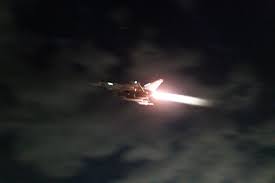
According to U.S. officials and the U.K. Defense Ministry, the Houthi targets were hit by American F/A-18 fighter jets from the USS Dwight D. Eisenhower aircraft carrier, British Typhoon FGR4 fighter aircraft, and the Navy destroyers USS Gravely and USS Carney firing Tomahawk missiles from the Red Sea. The targets were located in 13 different locations. The American officials talked behind pseudonyms because they were not allowed to talk about the military action in public.
Following the troops' fatalities at the Tower 22 facility in Jordan last Sunday, the United States issued a warning that its retaliation would not be restricted to a single night, single target, or single group. The Houthis have been one of the main enemies of the United States since Hamas struck Israel on October 7, killing over 1,200 people and kidnapping approximately 250 more.
There has been no indication that they were directly involved, though. Since the start of the conflict, more than 26,000 Palestinians have died and over 64,400 have been injured in Israeli military operations, according to the Health Ministry in Hamas-ruled Gaza.
The Houthis have been conducting almost daily missile or drone attacks against commercial and military ships transiting the Red Sea and Gulf of Aden and they have made clear that they have no intention of scaling back their campaign despite pressure from the American and British campaign.
"Militant operations against Israel will continue until the crimes of genocide in Gaza are stopped and the siege on its residents is lifted, no matter the sacrifices it costs us," declared Mohammed al-Bukhaiti, a Houthi official. "American-British aggression against Yemen will not go unanswered, and we will meet escalation with escalation," the man stated in an online post.
According to the Biden administration, there will probably be more strikes in the future. The United States has attributed the attack on Jordan to a network of militias supported by Iran in Iraq called the Islamic Resistance. Iran has made an effort to disassociate itself from the drone strike by claiming that the militias operate without interference.
The military action, which has the backing of Australia, Bahrain, Canada, Denmark, the Netherlands, and New Zealand, "sends a clear message to the Houthis that they will continue to bear further consequences if they do not end their illegal attacks on international shipping and naval vessels," according to a statement released by Defense Secretary Lloyd Austin.
"We will not hesitate to defend lives and the free flow of commerce in one of the most important waterways in the world," he continued.
According to the Defense Department, the attacks targeted locations connected to the Houthis' underground weapons storage facilities, air defense systems, radars, helicopters, and missile systems and launchers. The British military said it struck a ground control station west of Yemen's capital, Sanaa, that has been used to control Houthi drones that have launched against vessels in the Red Sea.
An administration official claims that before to leaving Delaware on Saturday for a campaign trip to the West Coast, President Joe Biden was briefed about the strikes.
With these most recent attacks, the United States and Britain have jointly launched a significant operation against Houthi armament launchers, radar facilities, and drones for the third time. The purpose of the strikes in Yemen is to emphasize to Tehran that Washington holds Tehran accountable for arming, funding, and training the various militias that carry out attacks against U.S. and international interests throughout the Middle East, including the Houthis in Yemen, Hamas in Gaza, Hezbollah in Lebanon, and the Islamic Resistance in Iraq.
Video shared online by people in Sanaa included the sound of explosions and at least one blast was seen lighting up the night sky. Residents described the blasts as happening around buildings associated with the Yemeni presidential compound. The Houthi-controlled state-run news agency, SABA, reported strikes in al-Bayda, Dhamar, Hajjah, Hodeida, Taiz and Sanaa provinces.
Hours before the latest joint operation, the U.S. took another self-defense strike on a site in Yemen, destroying six anti-ship cruise missiles, as it has repeatedly when it has detected a missile or drone ready to launch. The day before the strikes the U.S. destroyer Laboon and F/A-18s from the Eisenhower shot down seven drones fired from Houthi-controlled areas of Yemen into the Red Sea and the destroyer Carney shot down a drone fired in the Gulf of Aden and U.S. forces took out four more drones that were prepared to launch.
The Houthis’ attacks have led shipping companies to reroute their vessels from the Red Sea, sending them around Africa through the Cape of Good Hope — a much longer, costlier and less efficient passage. The threats also have led the U.S. and its allies to set up a joint mission where warships from participating nations provide a protective umbrella of air defense for ships as they travel the critical waterway that runs from the Suez Canal down to the Bab el-Mandeb Strait.
During normal operations about 400 commercial vessels transit the southern Red Sea at any given time.
Hussein al-Mosawi, a spokesman for Harakat al-Nujaba, one of the principal militias in Iraq supported by Iran, stated that Washington “must understand that every action elicits a reaction” following the attacks that took place in Syria and Iraq on Friday. But he also adopted a more accommodative tone in an AP interview conducted in Baghdad. He declared, "We do not wish to widen or escalate regional tensions."
Iraqi government have made an effort to control the militias, but they have also demanded the withdrawal of the 2,500 American soldiers who are there as part of an international coalition fighting the Islamic State group and denounced the American retaliation attacks as an infringement on Iraqi sovereignty. Finally month, Iraqi and U.S. military officials launched formal talks to wind down the coalition’s presence, a process that will likely take years.
End//voice7news.tv



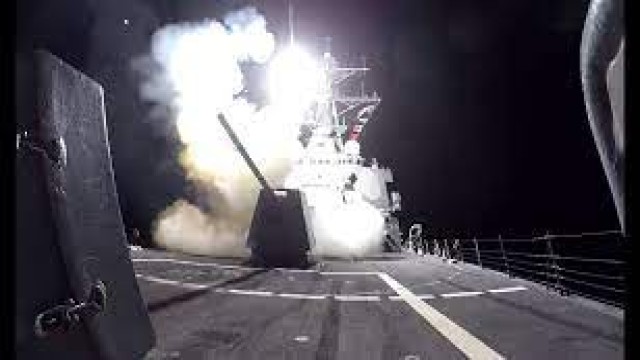
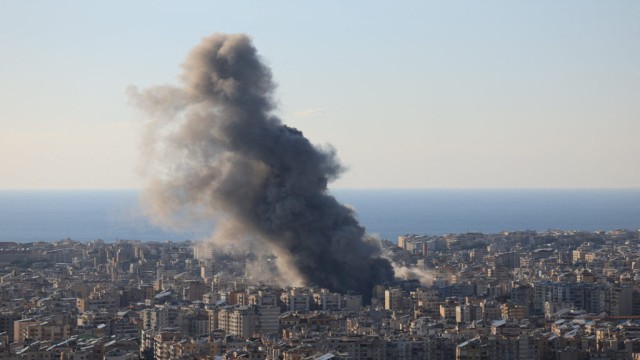


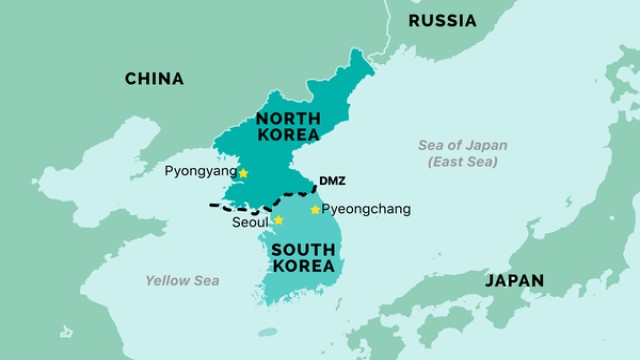
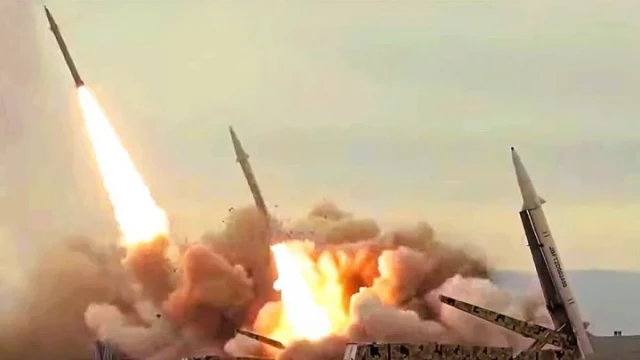



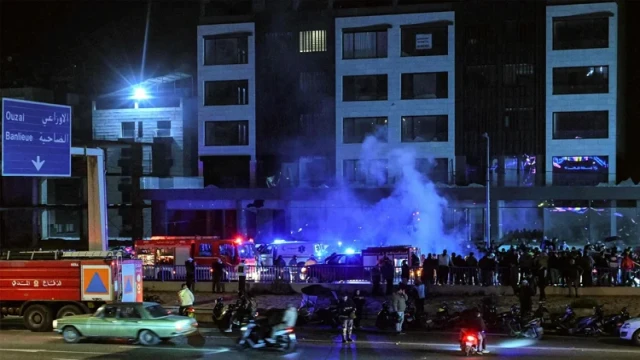














Comment: